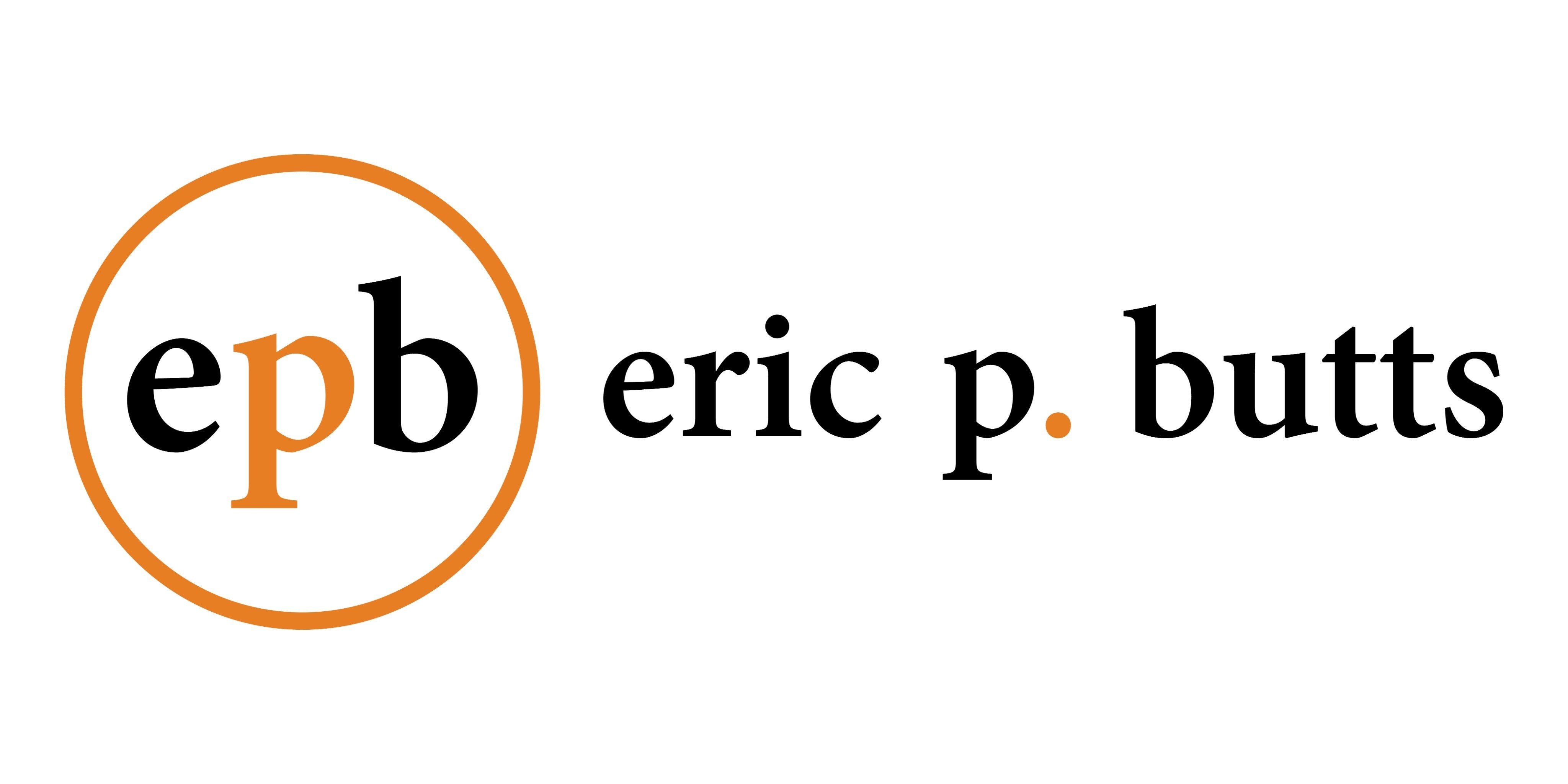5 things you should do to stand out at a job fair (plus one thing to avoid)
I’ve discussed the importance of showing up to conferences and job fairs and my own experience in turning a job fair into a management consulting job offer, but never really talked about what to do once you’re *at* the job fair. I’m going to change that now and share the 5 keys to job fair success. These have held true since I was in the recruiting process several years ago, and they are just as true today.
Find out which companies are at the job fair in advance
I know first hand that attending a national conference isn’t cheap. I also know they are ripe with opportunity, with some companies not only conducting interviews on-site but extending offers as well. That means the first thing you need to do when assessing your return on investment is look at the attendee list and check if any are on your target company or industry list.
Research the companies attending the job fair
As fluffy as it may sound, company culture is probably the single most important predictor of how well you’ll fit in at any company (read: how long you’ll want to stay).
The truth is you will find a variety of cultures at places doing similar work. I know it’s hard to believe but not everyone is as special as they want you to think they are. Taking that fact into account, finding the culture that most resonates with your personal values best positions you for a long career and is just smart business.
You can usually learn a lot by looking through websites but if for some reason you can’t differentiate between the cultures, keep that top of mind when you’re visiting the different booths at the job fair, and you will definitely glean some information from those interactions.
Find out the openings of the attending companies
Knowing what openings your target company is hiring for is useful in helping you figure out the probability of you landing an interview. If the current openings aren’t a match but the companies align with your interest and skillset, showing up and building some new relationships is still in your best interest.
Adapt your pitch and/or resume
This tip holds true across all kinds of selling activities (Make no mistake. Job hunting is an exercise in selling yourself). The more tailored your approach means the more impressive the pitch. A more impressive pitch means the better it will be received, which ultimately translates to the higher the odds of you closing the deal. So take what you learn from your research and put it to use. Instead of a generic 30-second commercial, show you’ve done your homework and sprinkle in a demonstration of what you’ve learned in your conversation.
One thing someone did in Detroit that I liked was to tell me what resonated with them on the website that got them to our booth. In addition to that, though, he had some specific questions about day-to-day work that could only be answered by having a conversation.
On the flip side, someone sent me a cover letter that didn’t even mention the conversation we had during the conference. It felt like someone just checking the box of firing off an email but giving it little thought and expecting me to do the heavy lifting.
If you’re planning on dropping a resume, you should update that too. I know it’s a lot of work, but some of these positions are highly coveted and therefore ridiculously competitive. Even a small advantage may be the difference maker in the decision process on who gets an interview.
Follow-up after the job fair
If you have a conversation and someone offers to help you out, whether it’s looking into a question you had or finding the contact of the right recruiter – or…anything else – take them up on it. Do it – at minimum – to close the loop and show you’re a person of action. But also do it because it gives you another chance to build the relationship, so they can see who you are and so you can see what type of people you can expect to work with at the company.
Bonus Tip: Don’t be a swag hoarder
Please don’t be the person with a bag out like you’re trick or treating. Recruiters are paid to observe and remember faces. If you do end up pursuing a job at one of these places later, you don’t want to make things any more difficult than they have to be. I mean, is a slick little notebook worth a negative first impression with thousands of dollars at stake?
